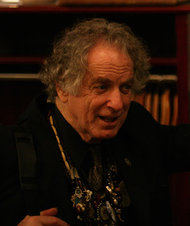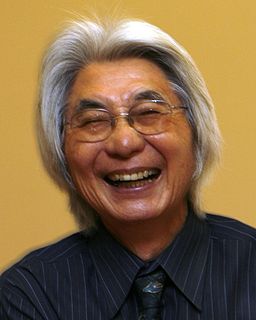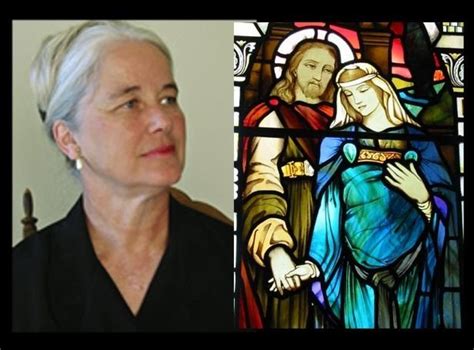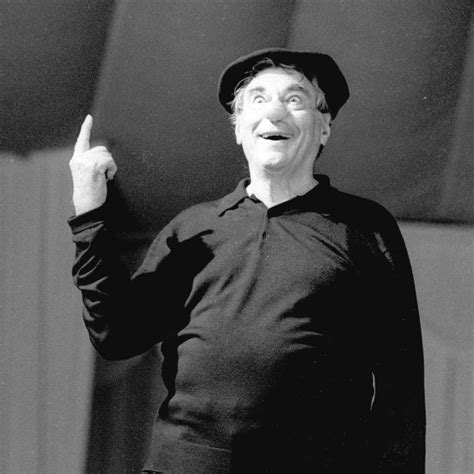A Quote by Louis Auchincloss
To most readers the word 'fiction' is an utter fraud. They are entirely convinced that each character has an exact counterpart in real life and that any small discrepancy with that counterpart is a simple error on the author's part. Consequently, they are totally at a loss if anything essential is altered. Make Abraham Lincoln a dentist, put the Gettysburg Address on his tongue, and nobody will recognize it.
Quote Topics
Abraham
Address
Altered
Any
Anything
Author
Character
Consequently
Convinced
Counterpart
Dentist
Discrepancy
Each
Entirely
Error
Essential
Exact
Fiction
Fraud
Gettysburg
Gettysburg Address
His
Life
Lincoln
Loss
Make
Most
Nobody
Part
Put
Readers
Real
Real Life
Recognize
Simple
Small
Tongue
Totally
Utter
Will
Word
Related Quotes
It is (to describe it figuratively) as if an author were to make a slip of the pen, and as if this clerical error became conscious of being such. Perhaps this was no error but in a far higher sense was an essential part of the whole exposition. It is, then, as if this clerical error were to revolt against the author, out of hatred for him, were to forbid him to correct it, and were to say, "No, I will not be erased, I will stand as a witness against thee, that thou art a very poor writer."
Certainly the highest posthumous praise that can be conferred upon any writer is the assertion that his or her writing permanently altered the literary landscape for the better, opening new textual doors and engaging new readers. That the author's oeuvre was essential and irreplaceable and transformative.
I think that when you look at the great politicians, the two greatest in my view were George Washington and Abraham Lincoln, they certainly had character traits. You also know Abraham Lincoln overcame severe depression problems that he had when he was younger, which gave him the strength and the character later on.
The spiritual kinship between Lincoln and Whitman was founded upon their Americanism, their essential Westernism. Whitman had grown up without much formal education; Lincoln had scarcely any education. One had become the notable poet of the day; one the orator of the Gettsyburg Address. It was inevitable that Whitman as a poet should turn with a feeling of kinship to Lincoln, and even without any association or contact feel that Lincoln was his.
I assume, gladly, that in the allocation to America of remarkable leaders like Thomas Jefferson, George Washington, and Abraham Lincoln, the Lord was just as careful. After all, if you've got only one Abraham Lincoln, you'd better put him in that point in history when he's most needed-much as some of us might like to have him now.







































